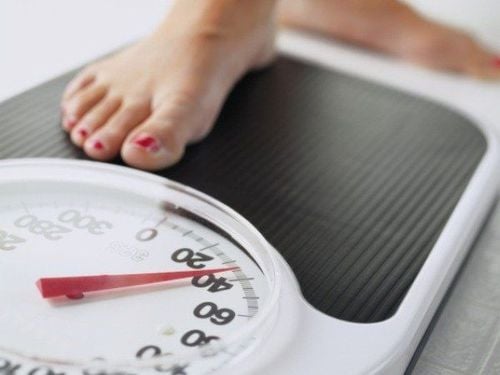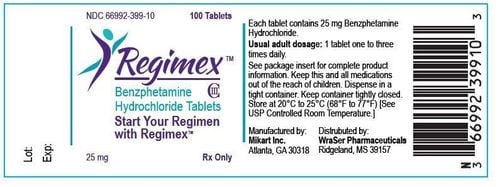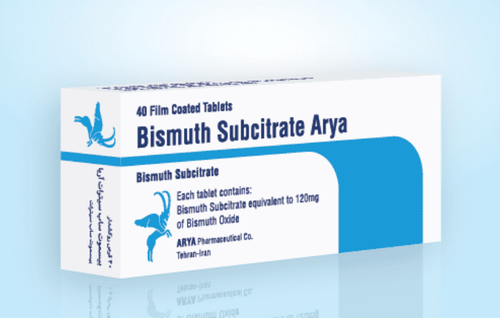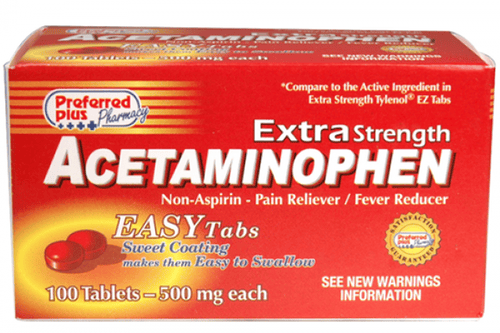This is an automatically translated article.
Posted by Master, Doctor Mai Vien Phuong - Gastrointestinal Endoscopy - Department of Medical Examination & Internal Medicine - Vinmec Central Park International General Hospital
Hunger is sometimes just a simple sign that you need to tolerate food in your body, but if hunger often appears, accompanied by nausea, abdominal pain, heartburn ... then this is usually a sign. Signs of a medical problem, the most common of which is the stomach.
1. What is hunger?
You must have experienced a sharp pain in your stomach at some point, in the upper left side of your abdomen. These are often referred to as hunger pangs. The feeling of hunger, also known as hunger, is caused by the strong contractions of the stomach when the stomach is hungry. This discomfort is often accompanied by feelings of hunger or the desire to eat.
Although called "hungry" attacks, these pains do not always indicate a real need to eat. They may be due to an empty stomach or it may be because your body is in the habit of eating a certain amount of food or eating at specific times of the day.
Everyone's body is unique. Some people don't feel the need to eat often or feel full all the time. On the contrary, others feel hungry faster. Basically, almost everyone will feel extremely hungry if they go long enough without eating or drinking.
2. Causes of hunger
Feeling hungry can be your body's way of telling you that it needs more nutrients. You may also feel nauseous, as your stomach is used to a certain feeling of fullness.
The stomach is an organ that has the ability to expand and contract. When your stomach is stretched by food and liquid, you tend to feel full. After a long time since you last ate or drank, your stomach becomes flatter and may contract, making you feel hungry.
Many factors affect how hungry you feel, including:
Hormones Current living environment Quantity and quality of food Lack of sleep Stress or anxiety

You may also feel ravenously hungry, as you need to eat a diet higher in essential nutrients.
Hunger is rarely caused by a medical condition. If you are experiencing severe or persistent abdominal pain, you should contact your doctor for help. This is especially true if the hunger pangs are accompanied by other symptoms such as:
Fever Diarrhea Nausea Dizziness Vomiting Headache Feeling weak
3. Symptoms of hunger
Symptoms of hunger often include:
Abdominal pain A "gnawing" or "rumbling" feeling in your stomach Painful contractions in your stomach area An "empty" feeling in your stomach Hunger is often accompanied by hunger symptoms, such as:
Desire to eat Craving for specific foods Feeling tired or light-headed Irritability Hunger usually subsides with eating, but they can be lessened even if you don't eat. Your body has the ability to adjust to feeling the need for fullness. Over time, the contractions of the stomach will lessen. However, if you don't eat enough to get the nutrients you need, hunger won't go away.

4. Hunger and dieting
Hunger can be especially hard to deal with when you're trying to diet. Here are some ways to reduce hunger so you can stay on track with your health goals.
Try eating smaller, more frequent meals. Your total calories, not meal frequency, are a factor in weight loss or gain. Eating smaller portions more often throughout the day can help reduce uncomfortable hunger pangs.
Make sure you are eating a nutrient-rich diet. Eating plenty of lean protein, whole grains, legumes, fruits and vegetables will give your body the nutrients it needs, which can help stave off hunger.
Eating bulkier foods (think green leafy vegetables or foods high in water like soups) and foods high in fiber can help you feel fuller for longer.
Get enough sleep, a good night's sleep helps balance the hormones that affect your hunger and satiety. Try to focus and enjoy each meal as you eat. Purposely remembering the food you ate every day can help reduce hunger.
Distractions can help reduce hunger. Try reading a book, talking to a friend, working on a project that interests you, playing loud music, brushing your teeth, going for a walk, or visualizing your health goals
Feeling hungry is often a normal response usually on an empty stomach. You can consult your doctor if you feel extremely hungry after eating a well-balanced meal, if you feel like you can never eat enough, or if you experience other symptoms that accompany your hunger such as:
Dizziness Weakness Headache Nausea Shortness of breath Diarrhea Rapid weight gain or loss Sleep problems

Hunger is a common bodily response to an empty stomach. If you're trying to follow a diet, there are ways to prevent and reduce hunger so you can continue to reach your health goals. Signs of hunger are rarely a sign of a medical condition, but sometimes you may want to consider seeking medical attention for a check-up and expert advice from your doctor.
Please dial HOTLINE for more information or register for an appointment HERE. Download MyVinmec app to make appointments faster and to manage your bookings easily.
References
Brunstrom J, et al. (2012). Episodic memory and appetite regulation in humans. DOI:
doi.org/10.1371/journal.pone.0050707
Camps G, et al. (2016). Empty calories and phantom fullness: A randomized trial studying the relative effects of energy density and viscosity on gastric emptying determined by MRI and satiety. DOI:
10.3945/ajcn.115.129064
Cummings DE, et al. (2001). A preprandial rise in plasma ghrelin levels suggests a role in meal initiation in humans.
diabetes.diabetesjournals.org/content/50/8/1714.long
Hill AJ, et al. (1986). Macronutrients and satiety: The effects of a high-protein or high-carbohydrate meal on subjective motivation to eat and food preferences.
agris.fao.org/agris-search/search.do?recordID=US8731369














